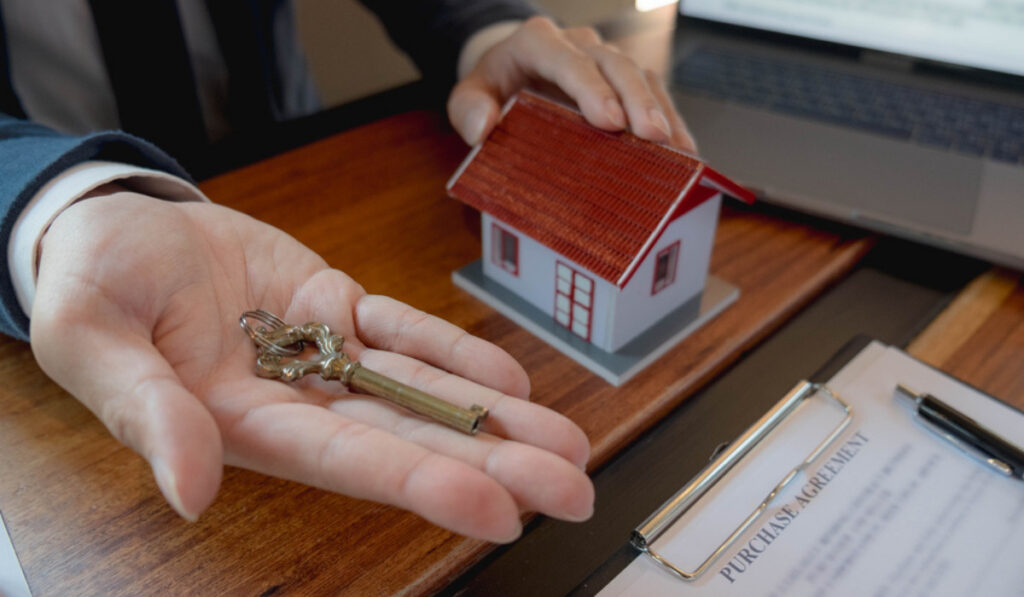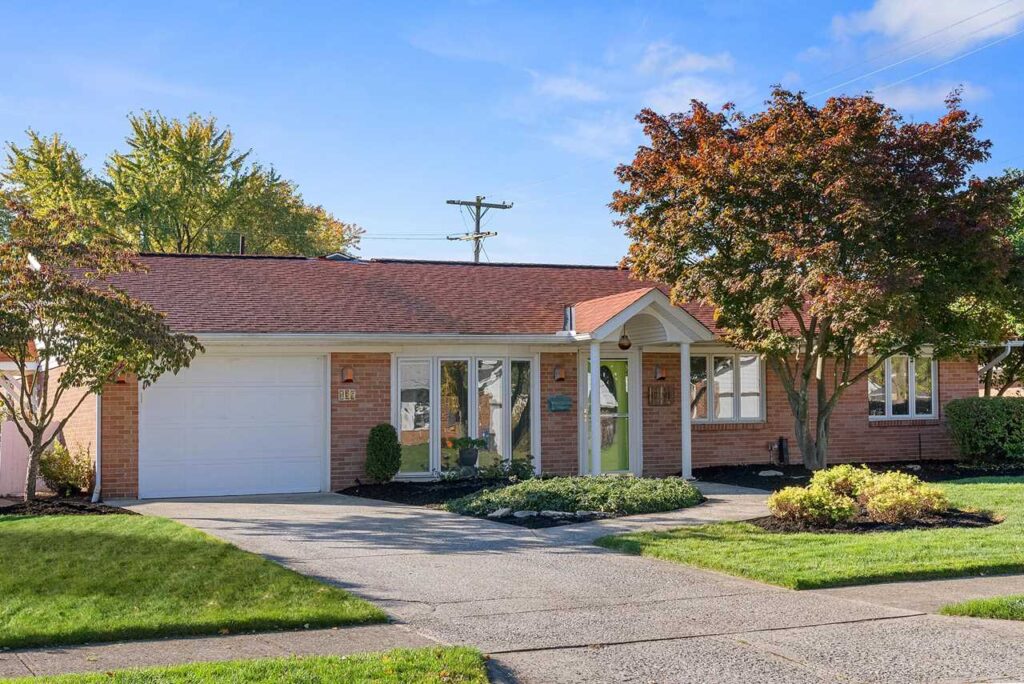Buying a home costs money. That might seem obvious but there was a time when many real estate agents and lenders were touting the idea of buying a home with no money down or no money out of pocket… Or both. I’m going to be real with you, it does cost money to buy a house and there are out-of-pocket costs as well. Now, I don’t want to discourage you, because there are plenty of great programs and loan options for low down payment programs such as an FHA, which only requires 3.5% down payment, USDA home loans for rural properties offering zero down home loans and even VA loans, where the seller pays the closing costs. However, if you want to look good to lenders and get the best possible rate possible, it’s important to put a little money forward.
So, today we’re going to talk about earnest money with one of best buyers agent in : what it is, who gets it, what it is used for, and how much you really need.

What is earnest money?
Earnest money is the money that you put forward toward the purchase of a house when you are interested in the property. It gives the seller some security in signing a contract with you. They know that if you’re willing to put up a little bit of money and potentially lose it if you back out, you’re a more serious buyer. This is separate from the down payment and it is needed to secure a purchase contract with the seller. Sellers typically will not agree to an offer without any earnest money.
The purchase and sale contract will explain how the deposit will be dealt with and how you would get the money back if necessary. It should cover the amount needed, how much of a down payment will be contributed to the purchase, and what will be credited to the buyer or seller at closing.
How much earnest money does a buyer need to put down?
This varies greatly and in times past, I owe use and personal property have been used as earnest money but today, most homebuyers simply write a check or get a cashiers check or money order. How much you need to put down really depends on the market, how much the buyer has, and how serious they are about purchasing the property. An earnest money deposit of as little as $500 can be acceptable, especially in a buyers market. If the seller has not received any offers, a $500 earnest money deposit is better than nothing. Typically, earnest money deposits are between 1% and 3% of the purchase price of a home. So, if you are purchasing a $300,000 property, a $1000-$9000 earnest money deposit is acceptable. Of course, the more skin the buyer has in the game, the more serious the seller believes they are about purchasing and finalizing the purchase on the property.

What happens to the earnest money?
The buyer will typically give the buyers agent the check for the earnest money, which then, in turn, will only be deposited in the brokerage’s account or an escrow account once the contract reaches mutual agreement. If there is no agreement, the earnest money is returned to the buyer. Once the seller has agreed to the terms of the contract, the earnest money will be deposited.
This money will then be credited to the buyer at closing, meaning that it goes towards the down payment of the house. It’s basically like paying a part of the mortgage when you submit the offer. This will not be returned to the buyer at closing but will go directly towards a payoff of the mortgage along with any down payment that will be supplied at closing.
How can the buyer get the earnest money back?
If the buyer fails to keep the terms of the purchase and sale contract, they could lose their earnest money. Most contracts have contingencies that allow buyers to back out of the deal should certain things occur. This is likely financing issues, problems with the home inspection, or if there’s been a contingency on selling the buyers property before purchasing the new property and the buyer’s property simply doesn’t sell. Good buyers agents can typically find a reason to get the earnest money back, even if the buyer simply wants to back out.
If the buyer backs out at the last minute without any cause, recourse, or contingency reason, the seller should be entitled to that earnest money. They have put in a few weeks of time, effort, marketing, and energy and if the seller has to start all over, the earnest money is a little bit of a reprieve.
The earnest money is really there to hold the spot of the buyer for the seller. Once mutual agreement has occurred on a real estate listings, the seller can no longer market or sell their property to anyone else and the earnest money holds that spot, so to speak. It’s an extremely important part of the real estate process but it’s also important for buyers to understand the logistics behind earnest money.
For more information on earnest money, homes in Northwest Indiana or to find a buyer or listing agent for your home, contact our office today. We specialize in these communities and surrounding areas.

